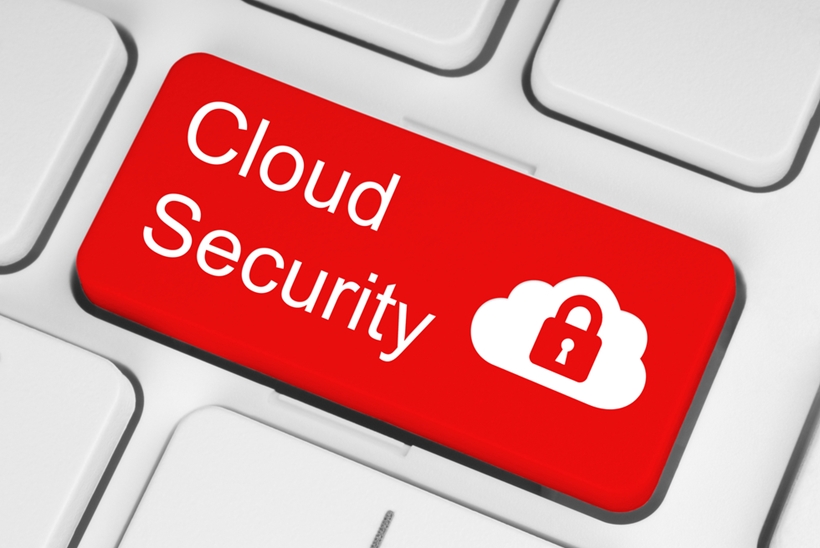HOSTNOC: Fast, Secure and Affordable
Premium Performance at a fraction of a cost.

Premium Performance at a fraction of a cost.
Save 20% plus get 24/7 real expert support. Code HOSTSEARCH
Next-Level Managed Hosting. Perfect for beginners, built for professionals!